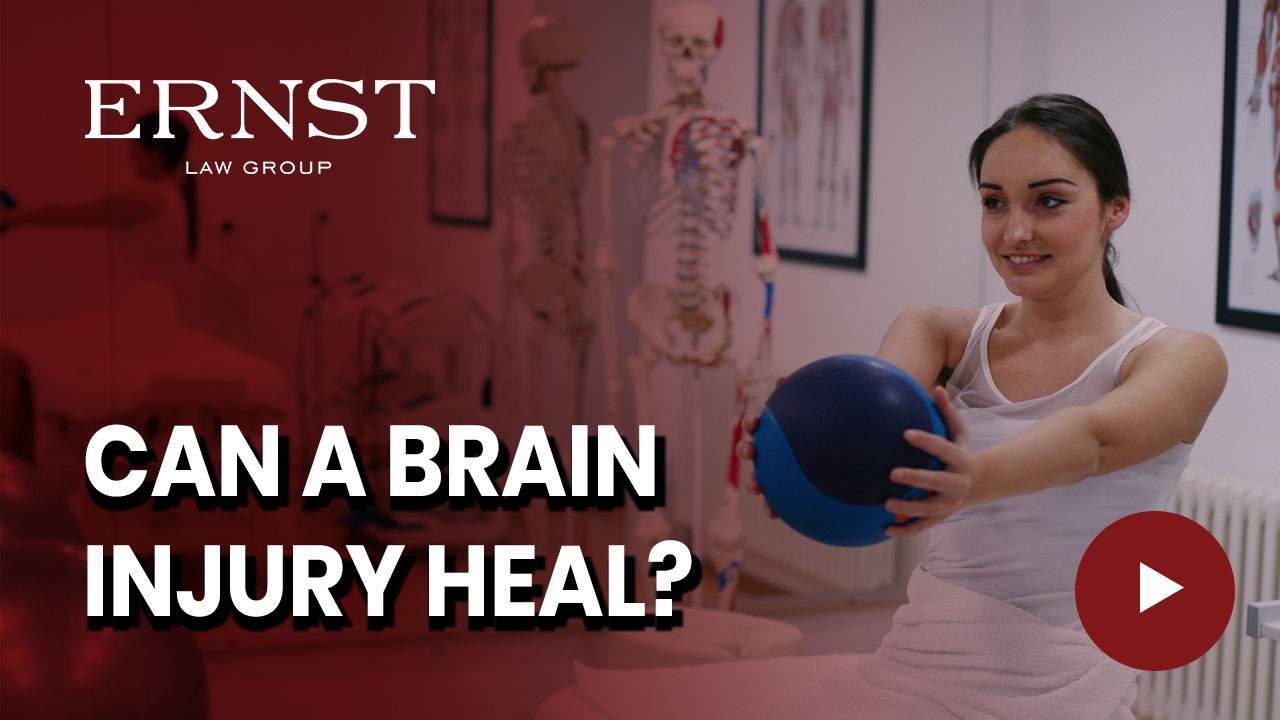Transcript:
So being lawyers that specialize in TBI, we often are asked a question that really bothers me, that doctors don’t address more is, what do I do? I’ve got a traumatic brain injury. What now? How do I deal with my daily life? What are the tips I can use to integrate back into society. And the number of clients that ask that is way too high and it personally makes me pretty irritated at the doctors that are doing some of the treatment because the doctors are just saying, “Hey, take some Tylenol or take some Advil.” And it is, what it is. It bothers me that these needs aren’t addressed because they’re real needs, they’re causing a lot of suffering. And so our office is actually kind of taking a more proactive approach where we actually tell our clients, “Hey, these are some things that go work for a bunch of our other clients who have TBIs. You should look into them.”
And here’s the list. Earplugs, dark sunglasses, ice packs that are specifically designed for the neck. Sometimes that gives a lot of relief for the headaches. Sometimes it doesn’t, but if it works for you, it’s something you should look into. Different colored light bulbs actually make quite a big difference. Certain types of super bright or super white LED lights, for some reason, cause a lot of sensitivity for traumatic brain injury suffers. And so it’s something where we’ll actually have clients that basically come in and say, “Hey, our life’s been really disrupted because when my husband comes in the room,” the husband doesn’t have a TBI, his wife does. The husband comes in the room, he always turns the lights up. And the wife always says, “I got to turn them down.” And so they’re always fiddling with the lights. He turns them all on. She turns them all off. And he basically says she wants them… The husband says he wants the lights… Oh, I misspoke.
His wife wants the lights so dim that it’s hard for him to be able to read anything. That’s how dim she wants it. And so there’s ways to get bulbs that are actually designed to have less lumens that actually make it a little bit easier.
And so really what it comes down to, more than anything else, is trying to figure out what are the symptoms? What are the symptoms that are resulting from the TBI that are interrupting the daily life the most? And it’s something we’ve actually been thinking about putting together a packet or a list or something and giving to people and saying, “Hey, what are the symptoms that are interrupting your daily life?” And then trying to provide specific things because, truthfully, some of the doctors just don’t deal with that and my clients again and again, have come to me and been like, “Hey, I’ve got these headaches I wake up with every day.” Or, “Hey, I’m sensitive to light all the time. So much so that I’ll be in the house or I’ll be in a movie theater and I’ll wear dark glasses. That’s how much light bothers me.”
And so we’ve started trying to come up with some of these workarounds just because our clients need it and there’s not really being filled any other way. So if… I think I am going to make the list, and I think if it’s something that there’s some interest in about saying, “Hey, I want a symptom list of the things that might bother me.” I think we may try and put that together and provide it to people just because it’s something that, again and again, they have a similar set of symptoms resulting from the TBI.
And it’d be nice to address those symptoms and try and figure out what are the specific things that our clients or other people in the TBI community have seen to address those specific symptoms. Medically, it doesn’t fix the problem, but it does address the symptoms and help try and integrate into daily life as a result of trying to make the symptoms a little bit better.









